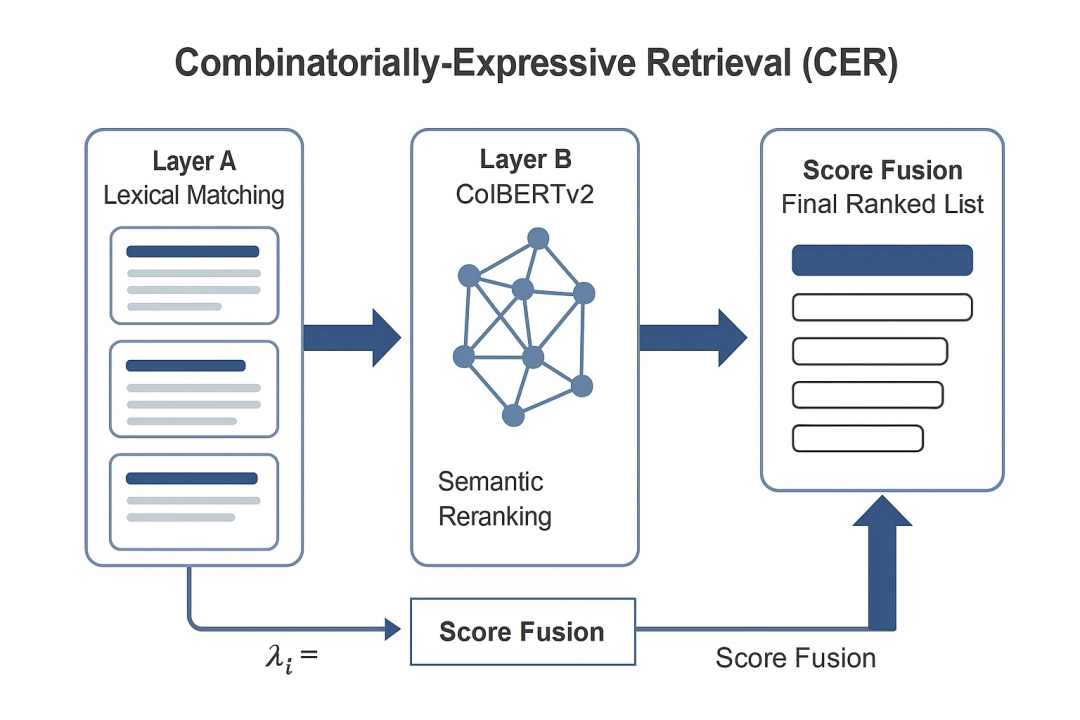Introduction
The concept of blockchain has been a groundbreaking one, even though it has taken time from its initial conception in 2008 to gain traction as a viable way to approach business, investment, finance, and operations.
In the simplest of terms, blockchains are a series of tamperproof transactions between parties who engage in exchanging assets without having to rely on a third-party to oversee their trade. Blockchains track these interactions while maintaining consistency in a database that provides impenetrable data security, privacy, and transparency, all at very low costs.
The transparent, auditable, clear, tamper-proof, and secure nature of blockchains allowed us to develop Bitcoin, which essentially acts as a medium of exchange and a store of value, and Ethereum, which is a more advanced protocol that allows for the creation of programmable contracts that can be executed when certain conditions are met. These ‘smart contracts’, as they are known, are redefining the way we do business. They have been used as the foundation for hundreds of projects in everything from education, healthcare, finance, and operations to logistics, marketing, hospitality, and entertainment by removing the middleman, reducing costs, lowering transaction times, improving security and privacy, and promoting frictionless trade.
Challenges
Despite these benefits, Bitcoin and Ethereum have severe limitations. With an exponentially growing number of people and devices creating, sharing, and using information globally, there is a need for a better way to leverage this information to improve the performance of smart contract decision-making, whether that is in the form of sports betting, weather models, stock predictions, or any other form of game theory.
While Bitcoin can be used to buy goods and services, it cannot be used to execute a smart contract. Ethereum can be used in smart contracts, but it can only execute relatively small programs and a limited number of lines of code, and it cannot take into account new and evolving information (such as the weather, financial news, and world events) to make better-informed, intelligent, and accurate decisions.
In short, traditional smart contracts face two problems: a lack of capacity in being able to leverage useful information that cannot be used in the smart contract once it is written, and a lack of efficiency because such contracts, by definition, can be improved upon using better, smarter decision-making algorithms.
The Cortex Solution
These are the challenges that Cortex seeks to overcome.
The Cortex blockchain is unique in that, instead of allowing for smart contracts to be written and executed on the chain, or for smart contracts that are dependent on other smart contracts to be written on the chain, it will allow people to write advanced AI and machine learning algorithms that use whatever computational approach the coder wishes to use for decision-making and allowing other users to build those contracts into contracts of their own.
To illustrate how this might work, consider someone writing a sports betting contract. The simplest way to do this might be to have a contract that would promise a payout of a certain amount if certain conditions are met (such as Team A defeating Team B). Doing this is relatively straightforward and can be done in no time.
However, what would happen if we wanted to build predictive analysis into our contract? What if we were able to bet on Team A or Team B based on venue, active players, weather conditions, current betting odds, win or loss streaks, and other factors? Writing a smart contract for unique scenarios like this would not only be very time-consuming but very difficult to do as well.
Thanks to Cortex, anyone writing a sports betting smart contract can now simply take a certain form of predictive analysis contract they find on the Cortex blockchain and include it in their custom smart contract, and Cortex will allow the two to run together seamlessly (as long as we can arrive at network consensus that states that the final outcome that the algorithm of choice arrives at is the best option to go with).
Adding this level of complex computational power into smart contracts is as simple as adding a new font library or an online widget to your web page – once someone has written the code, you can easily use it and improve the features and functionality of whatever it is you are working on. This can be done for any project, any activity, and any function for which AI and machine learning algorithms are developed – sports betting is just a simple example. Therefore, Cortex is anticipated to apply on a larger scale, like Decentralized Federal Reserve Algorithmically Regulated Stable Coin, Decentralized Security Camera System, Transactions in Self Driving, Crypto Currencies Automatic Lending / Banking, DNA DApps, Decentralized Ads and Recommendation System, so on and so forth.
Voting and Consensus
In order to ensure that only the best and most accurate machine learning algorithms can be used on the Cortex chain, community votes and general consensus is needed before decisions regarding which AI algorithm to include are made. Thanks to the nature of open source libraries and the efficiency of competition, the intelligent agent that users are able to come up with will survive to enhance the intelligence level of the overall Cortex network.
By doing this, Cortex will provide state-of-the-art machine-learning models that users of the platform can leverage to write smart contracts on the Cortex blockchain. The platform itself will run on Cortex’s native cryptocurrency, CTXC, which has recently launched on a number of prominent exchanges such as Huobi, OKEx, and more.
Other Features
In addition to the above, here is a quick overview of some of the other more important features of Cortex.
- Cortex allows users to write and submit machine-learning algorithms to the blockchain, each of which is dependent upon other contracts.
- Cortex runs its own virtual machine that is fully compatible with the Ethereum Virtual Machine.
- Cortex uses intelligence contracts that can infer from given parameters to generate consensus on results instead of simply executing fixed lines of code.
- Cortex can train training off-chain algorithms to create a bridge between computing power providers and algorithm providers. This allows for trading and collaboration between participants in the Cortex ecosystem.
- Machine learning developers can submit data models to Cortex and users who need these models can make inferences using them by paying the developers, increasing the rate of development and the amount of value in the Cortex ecosystem.
Roadmap
Q1 2018 saw the successful issuance of CTXC, Cortex’s native ERC20 token. Q1 also saw our token listed on multiple mainstream exchanges. In Q3, we expect to launch our mining testnet, and the AI testnet as well as the main chain are set for launch in Q2 2019. The focus of the testnet launches is to ensure the applicability and accuracy of Cortex to real-world situations and gaining a better understanding of the intricate relationships between real-world data with smart contracts and code written on the blockchain.
In the meantime, the Cortex team is busy participating in international meetups, pushing forward with tech developments, and educating external parties and blockchain enthusiasts on the future of AI-powered smart contracts.
Tech Team
Cortex has brought together a world-class team of machine learning, statistics, computer science, engineering, and AI research professionals.
Ziqi Chen, our CEO, holds degrees in machine learning and civil engineering has been involved in the cryptocurrency space since 2013. He was also a co-founder of Waterhole.io, a highly popular and feature-rich social and crypto-trading app.
Weiyang Wang, our CTO, holds degrees in statistics, aerospace engineering, and economics, and is an expert in deep learning, fintech, and cryptography.
Yang Yang, our Chief Blockchain Engineer, is a cryptocurrency and blockchain expert who also co-founded Waterhole.io with our CEO.
Summary
Cortex aims to bring advanced artificial intelligence systems to the blockchain. Key features of the project include smart AI contracts and the Cortex Virtual Machine, both of which allow for contracts to be programmed using advanced AI. By creating an incentive mechanism for collective collaboration, anyone will be able to submit and optimize AI models in Cortex, and consensus mechanisms will ensure that only the best and most efficient models are allowed on the Cortex blockchain. By creating such a high-quality and useful platform on which analyses of every type can be performed, Cortex promises to take smart contract programming, business operations, and predictive analysis to a whole new level.
Learn more about the project at www.CortexLabs.ai.
Media Contact
Company Name: Cortex Labs Pte Ltd.
Contact Person: Amy Chen
Email: Send Email
Phone: +13472242718
Country: Singapore
Website: http://cortexlabs.ai/



















Leave a Reply